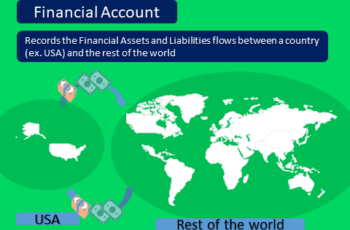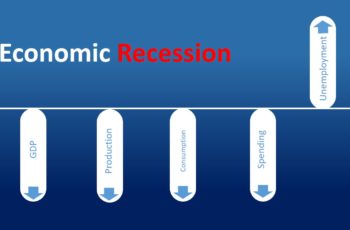Private equity is an investment in a private company. The name comes from private and equity because it is a private company and it is equity, not debt.
In other words, private equity refers to an investment that is not available to the public to trade its shares.
Generally, the goal of PE investors is to restructure and add value, and then sell in profit, or take it to the public through IPO.
Generally, private equity investors hugely fund a purchased company via loans. That is why it is known as leverage buyout investment. It is called a leveraged buyout because the investors heavily use loans from banks as leverage.
What Is a Private Equity Fund?
A private equity fund is a pooled investment that a PE firm known as the advisor manages.
It is similar to a hedge fund where the adviser pools together the money invested in the fund by all the investors and invests on behalf of the fund. The difference is that a hedge fund invests in publicly traded companies (mostly) but a PE fund invests in a private business to sell at a profit by restructuring and adding value.
Unlike a mutual fund or a hedge fund that wants to profit from volatility in the stock market, PE aims to hold for 3 to 10 years. And, sell at a profit years later.
Moreover, private equity funds are not registered with the Security and Exchange Commission (SEC). So, they are not required to disclose their performance information to the public.
How Does a Private Equity Work?
First, let’s see the parties involved in a private equity fund.
Generally, two parties are involved in a private equity deal: general partner/s and limited partner/s. In this type of deal, there is at least one general partner and one limited partner.
Let me explain as there is one general partner and one limited partner.
A general partner is the one who manages and is responsible for the administration of the fund. He has unlimited personal liability for the debts and obligations in case the firm goes bankrupt. He has the power to make decisions.
On the other hand, a limited partner has a limited obligation. He loses maximum the amount he has invested in the fund. And he has limited or no power to make decisions.
Then, how the profit is shared?
The general manager gets 1% to 3% of invested assets as a management fee and a percentage of profit if it exceeds the hurdle rate or level. A hurdle rate is a rate of profit relative to the amount of assets under management. A general manager needs to achieve more profit than a hurdle rate to be eligible to receive a reward as a percentage of profit.
Conversely, the limited partner gets a share of the profit relative to his investment amount after the deduction of the management fee and profit rewards by the general manager.
How to Get Into Private Equity?
A person can invest in PE directly or indirectly.
Investing Directly in a Private Equity
If you want to invest directly, you have to be part of an accredited investor or be a qualified investor. You need to invest a high amount of money in a private equity investment.
An accredited investor is a company or a person who meets certain criteria regarding income, net worth, and qualifications.
Typically, an organization’s assets should exceed $5 million to become an accredited investor.
For individuals, a person should have a net worth of over $1 million excluding his residency. Or, he should have had an income of over $200 thousand in the last two years if he is single and over $300 thousand for couples.
For more information regarding accredited investors, visit the SEC’s guide.
Investing Indirectly in a Private Equity
You can invest indirectly in private equity by participating in an accredited firm, such as a pension plan, brokers, and trusts. They may invest some portion of their large portfolios in PE funds.
Related article: Private Credit: The Definitive Guide






